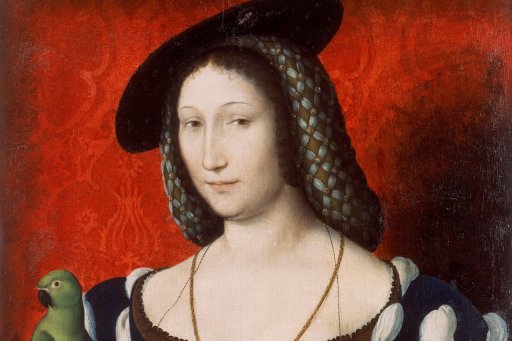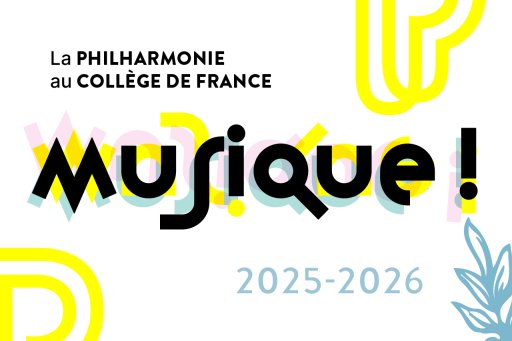july 17, 2019
The Collège de France is delighted that Professor Jean-Marie Tarascon, holder of the Chemistry of Materials and Energy chair, Muriel Lombard, researcher in the Chemistry of Biological Processes research unit, Nathalie Rouach, researcher at the Centre Interdisciplinaire de Recherche en Biologie and Marco Schiro, head of the Theory of Quantum Matter out of Equilibrium team at the Institut de Physique, have been successful in the ANR's 2019 generic call for projects.












